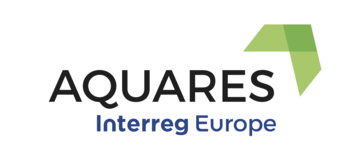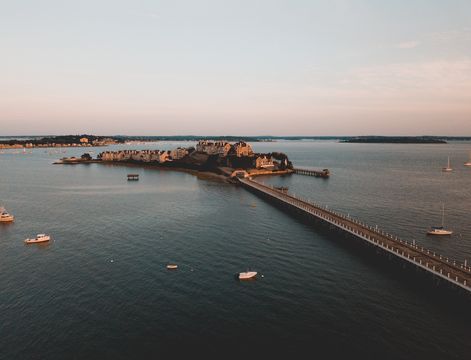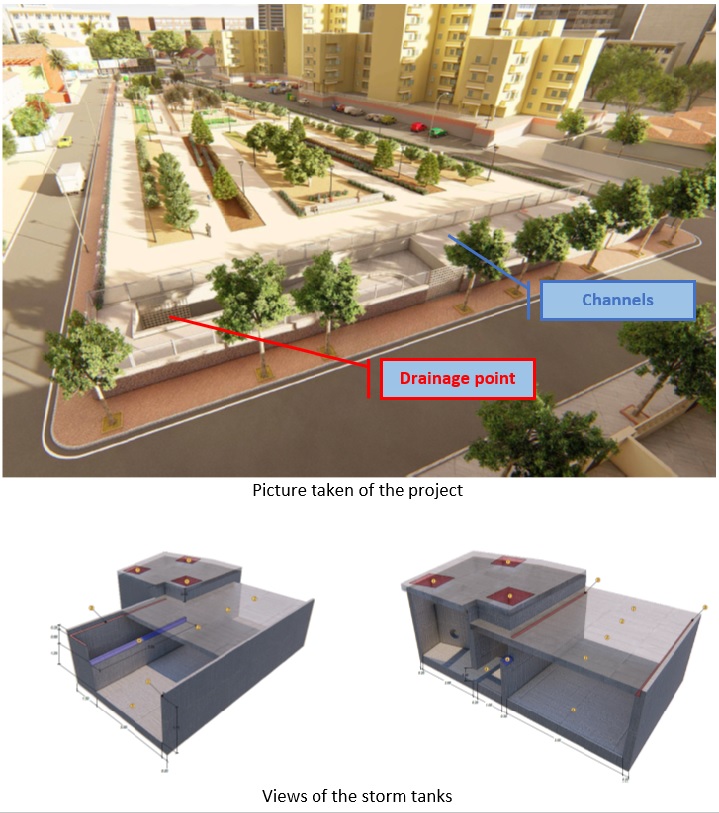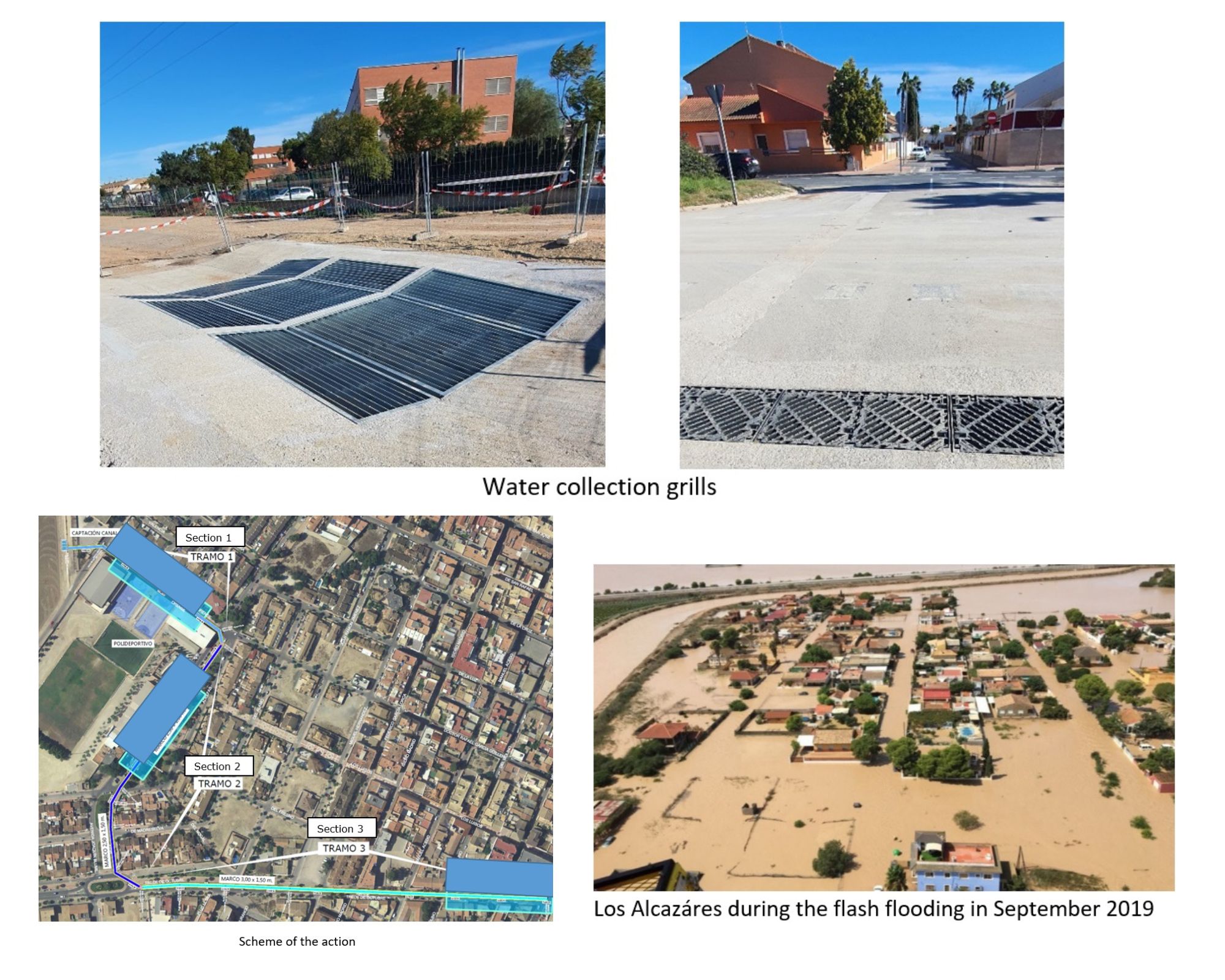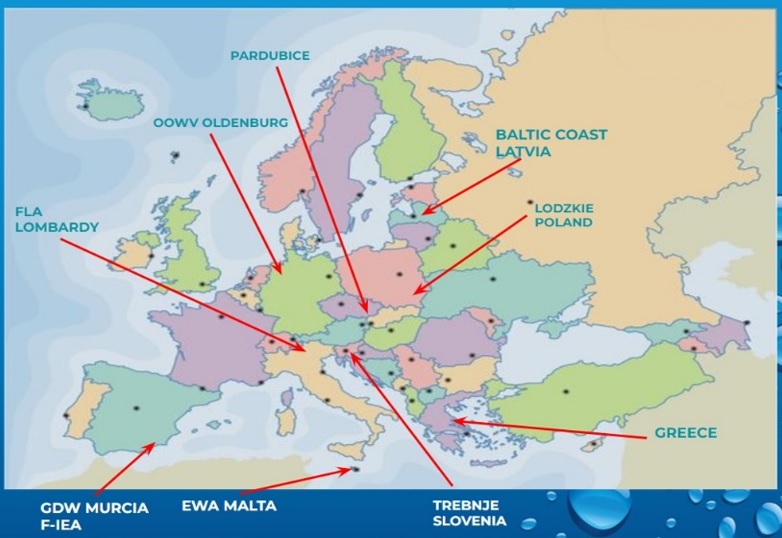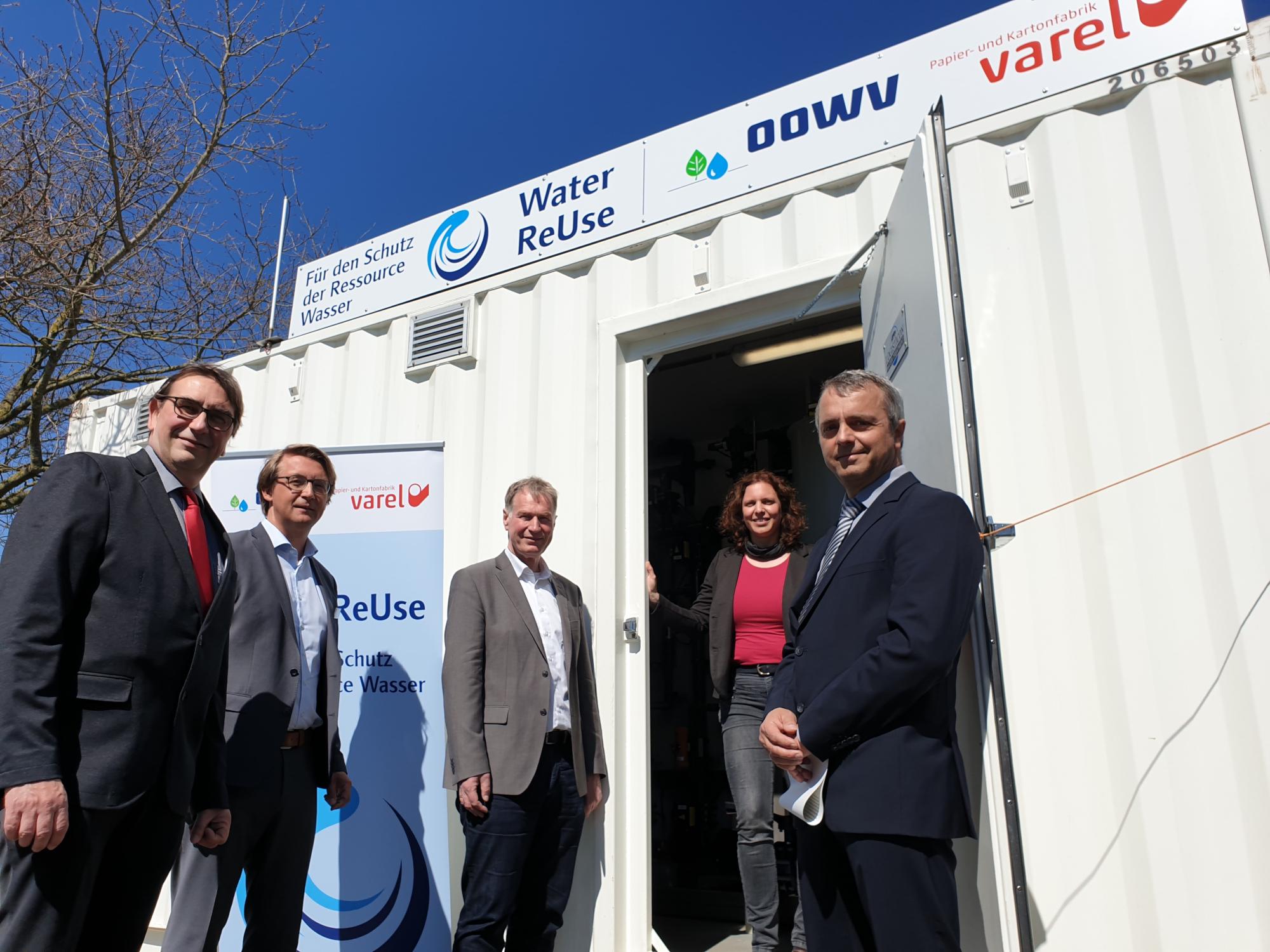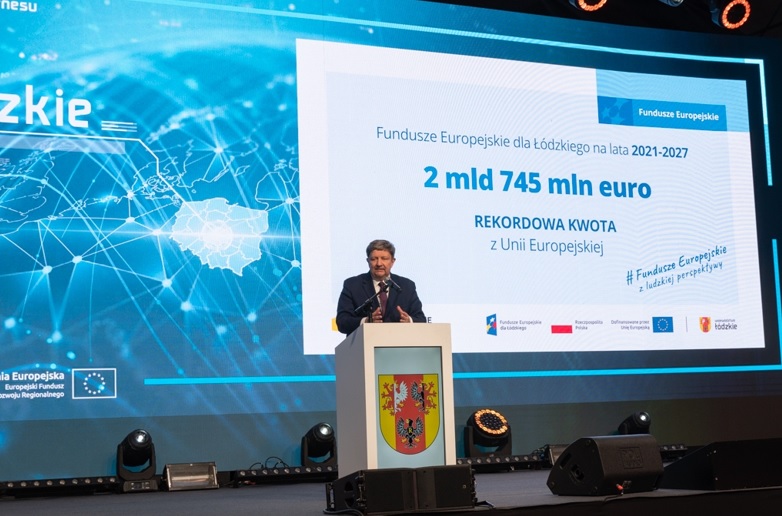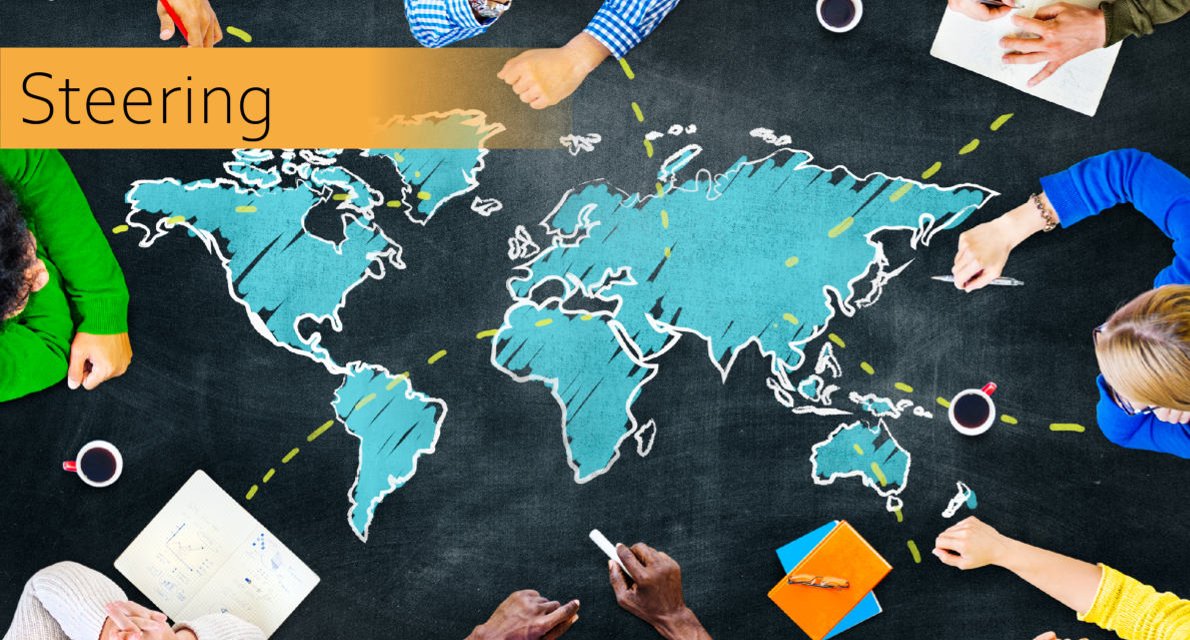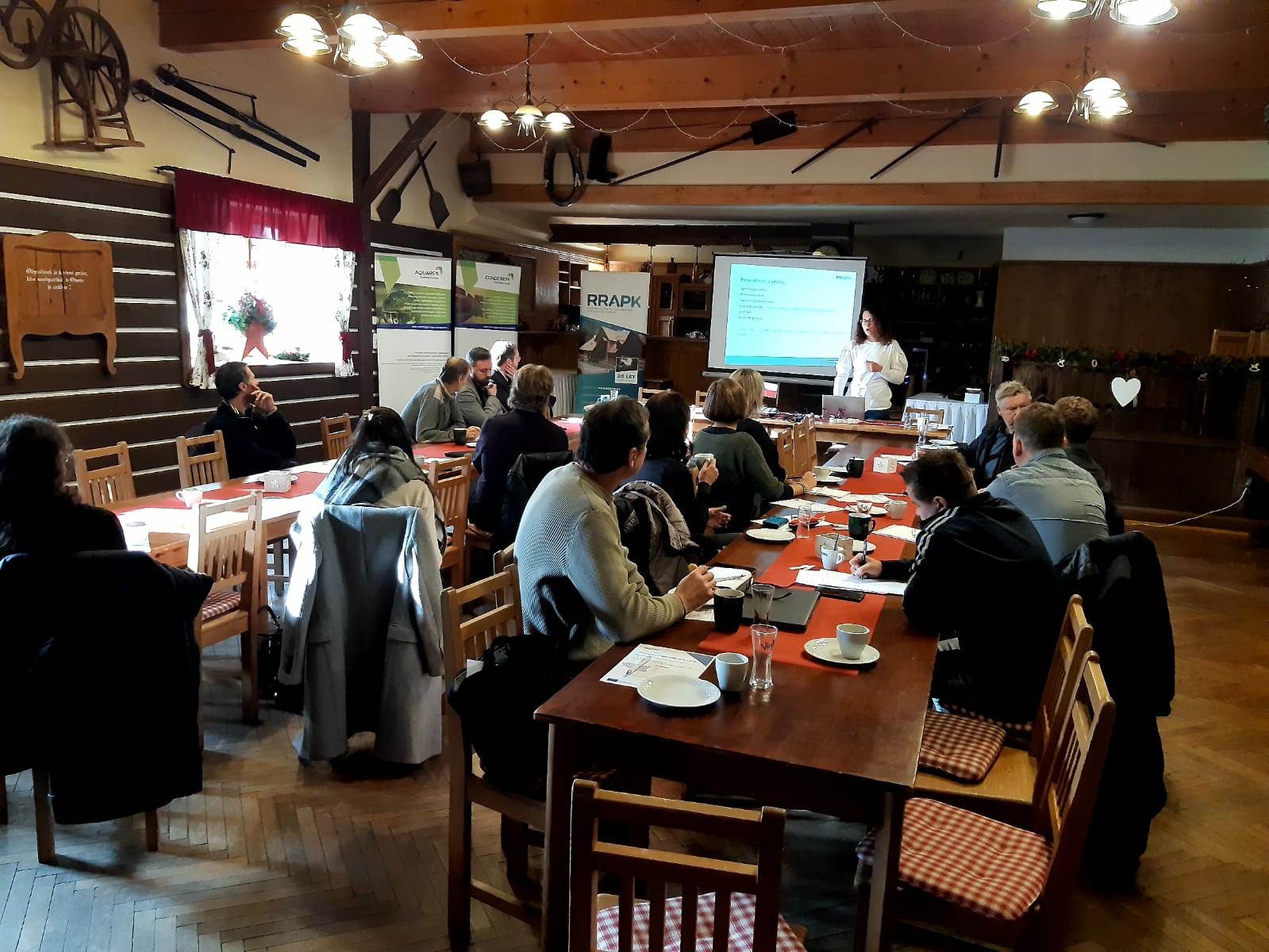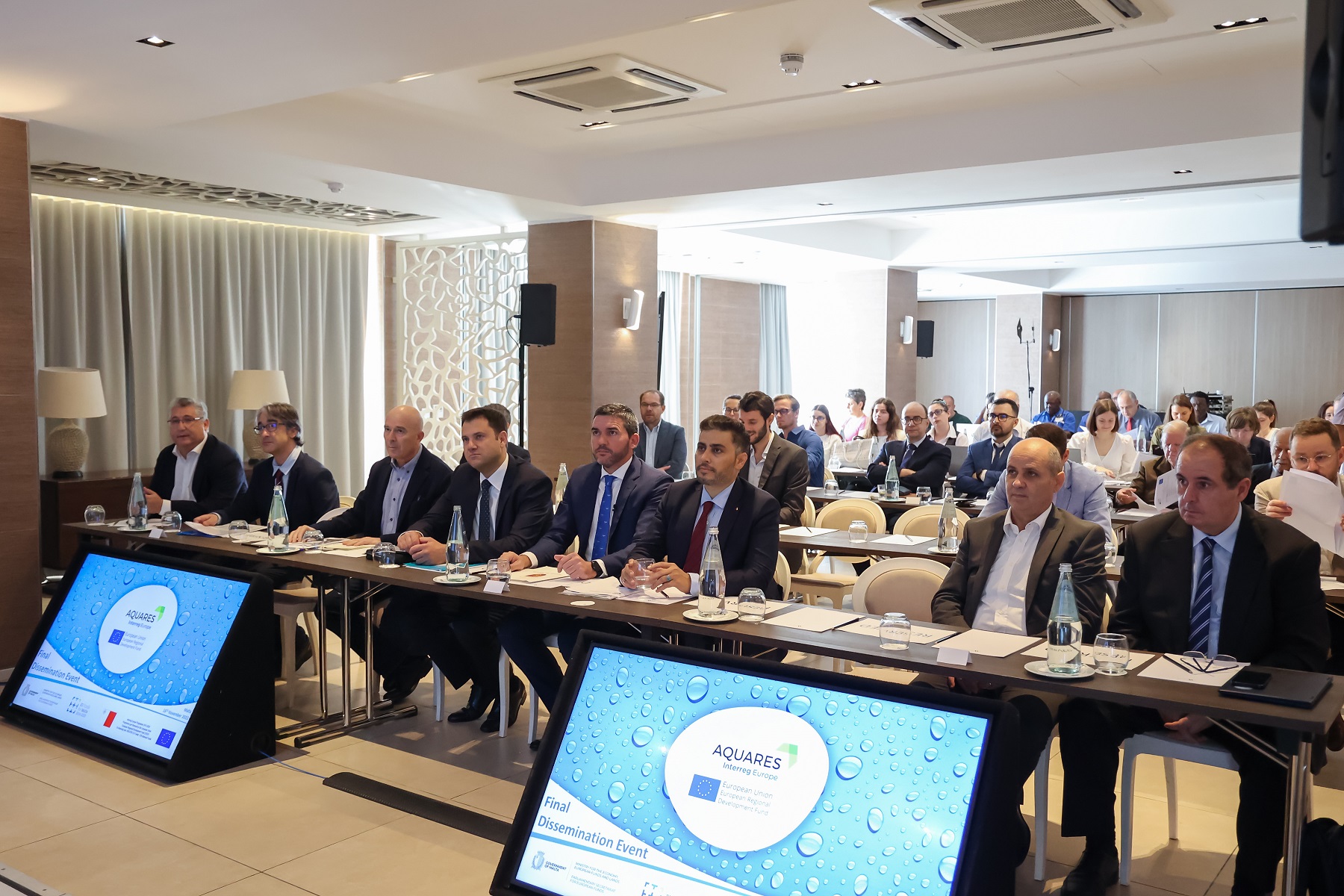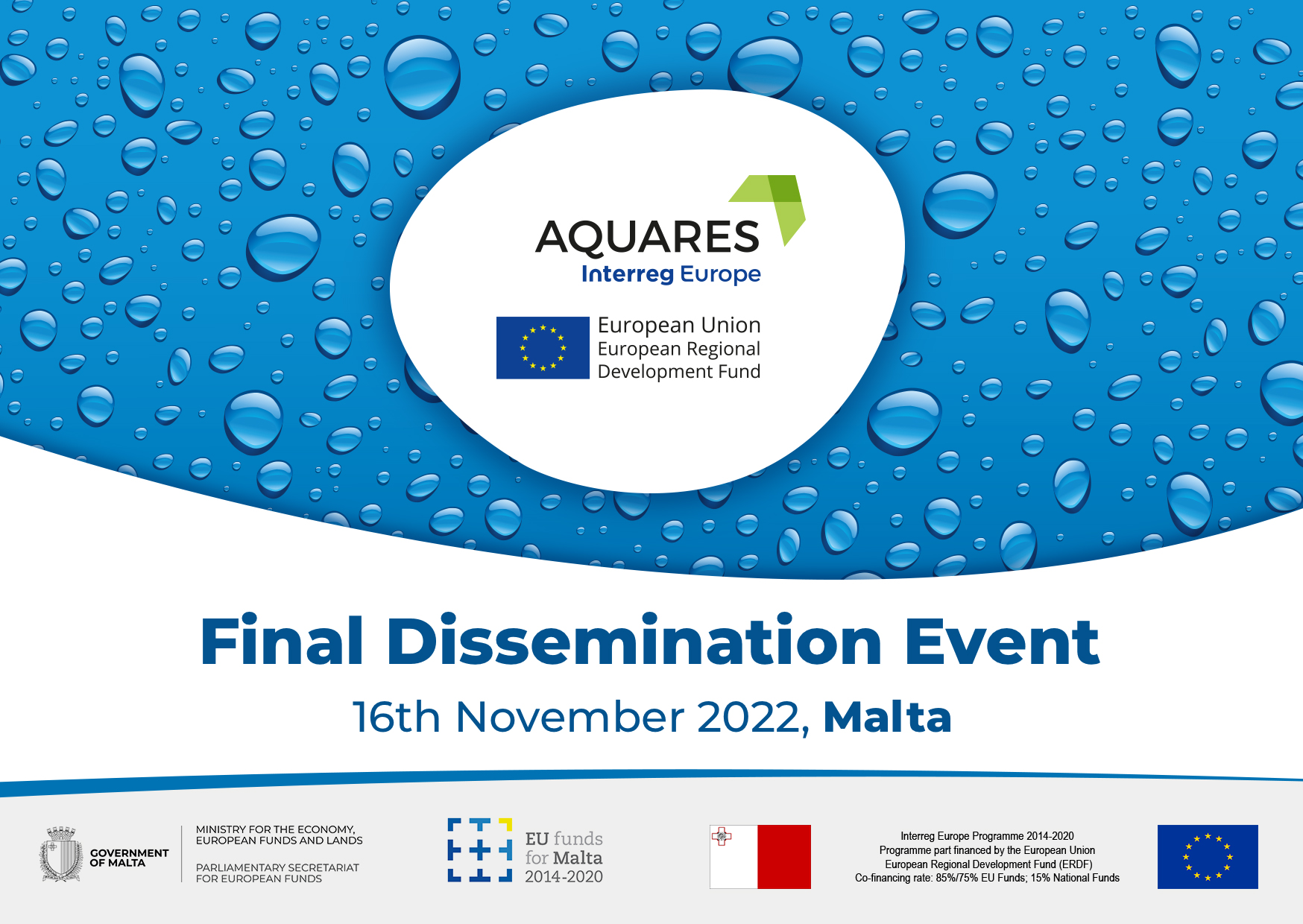The analysis of good practices that were presented by AQUARES partners during study visits and site visits was carried out with the aim to use them in the Regional Operational Programme of Lodzkie Voivodeship. Due to the local conditions and challenges faced by the Lodzkie Voivodship regarding water management, the Regional Action Plan for the Lodzkie Region includes the following comprehensive actions:
1. incorporation of solutions supporting efficient and rational water management within the Programme European Funds for Łódzkie 2027 (FEŁ2027).
2. taking comprehensive actions for adaptation to climate change within the Programme European Funds for Łódzkie 2027 (FEŁ2027).
In the first activity, the nature of the projects undertaken will include:
• development and modernisation of water and sewage infrastructure and urban waste water treatment, including construction and modernisation of sewage treatment plants.
• support for intelligent management systems for water and sewage networks.
• support for technologies allowing to reduce water consumption in production processes (closed water circuits, reuse) and in communal management, including installations allowing to drink water straight from the tap (e.g. filters, drinking bowls).
• management of sewage sludge from municipal wastewater treatment plants;
• water management measures aimed at using water in a closed loop, reuse of water, reducing water consumption (in the energy sector);
• improving drinking water quality.
The above-mentioned projects will be granted, among others, additional points during the evaluation of applications. Moreover, calls for proposals and regulations will include provisions referring directly to water saving, recovery and reuse technologies.
In the second activity, the nature of the projects undertaken will focus on:
• adaptation of infrastructure to extreme weather conditions, development of green and blue infrastructure, including the use of intelligent rainwater management systems and elimination of urban heat islands
• promotion of water retention, including small retention, measures to stop the outflow of rainwater;
• development of water intake, treatment, supply and storage systems (on the assumption that water supply infrastructure projects may be implemented independently from the sewerage network);
The above-mentioned projects will be awarded, among others, additional points during the evaluation of applications. Moreover, calls for proposals and regulations will include provisions referring directly to technologies in the field of efficient water management for adaptation to climate change, e.g. innovations in the field of adaptation of infrastructure to extreme weather conditions, supporting water retention and introduction of additional points to award application of technologies from the area of sustainable water management.
